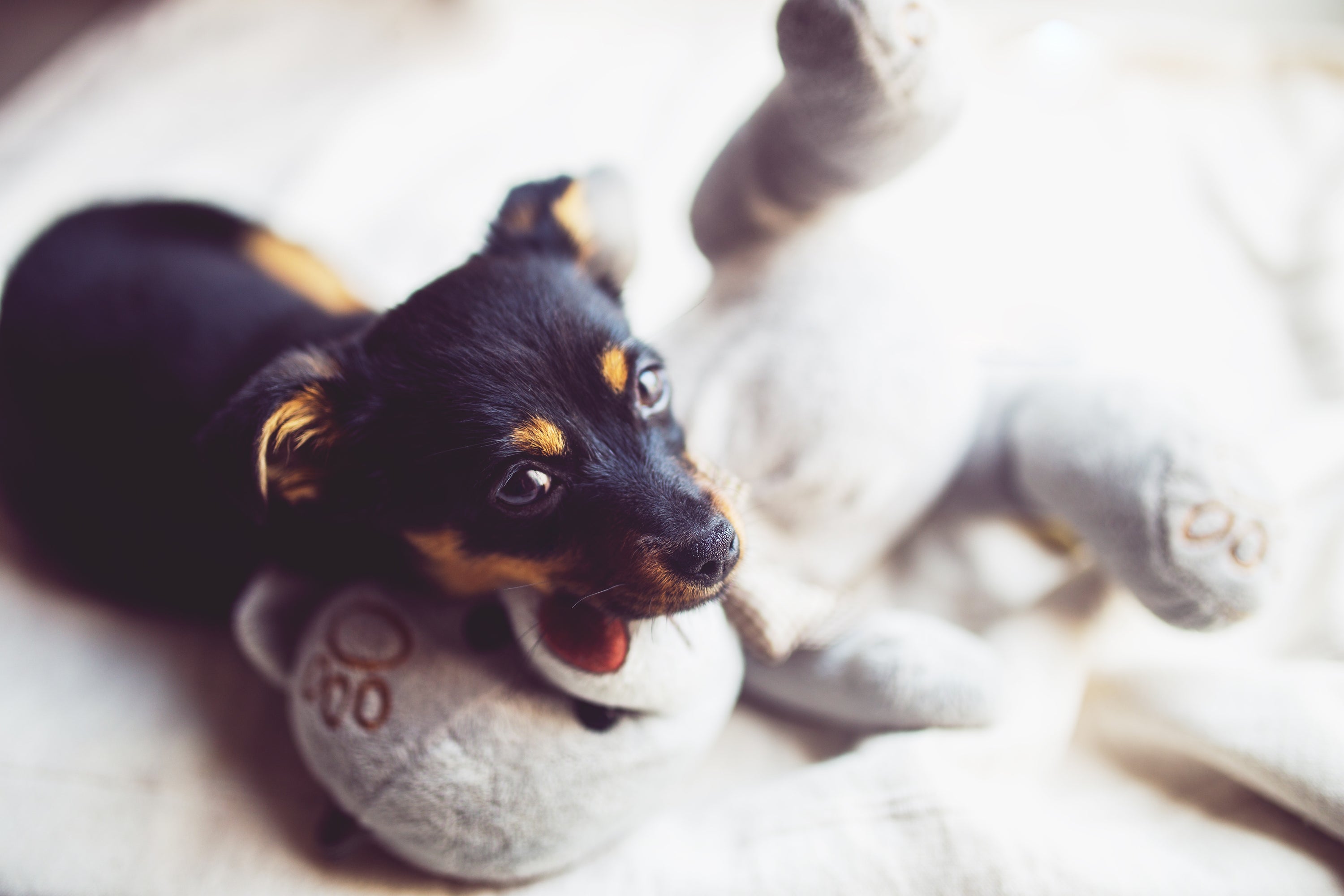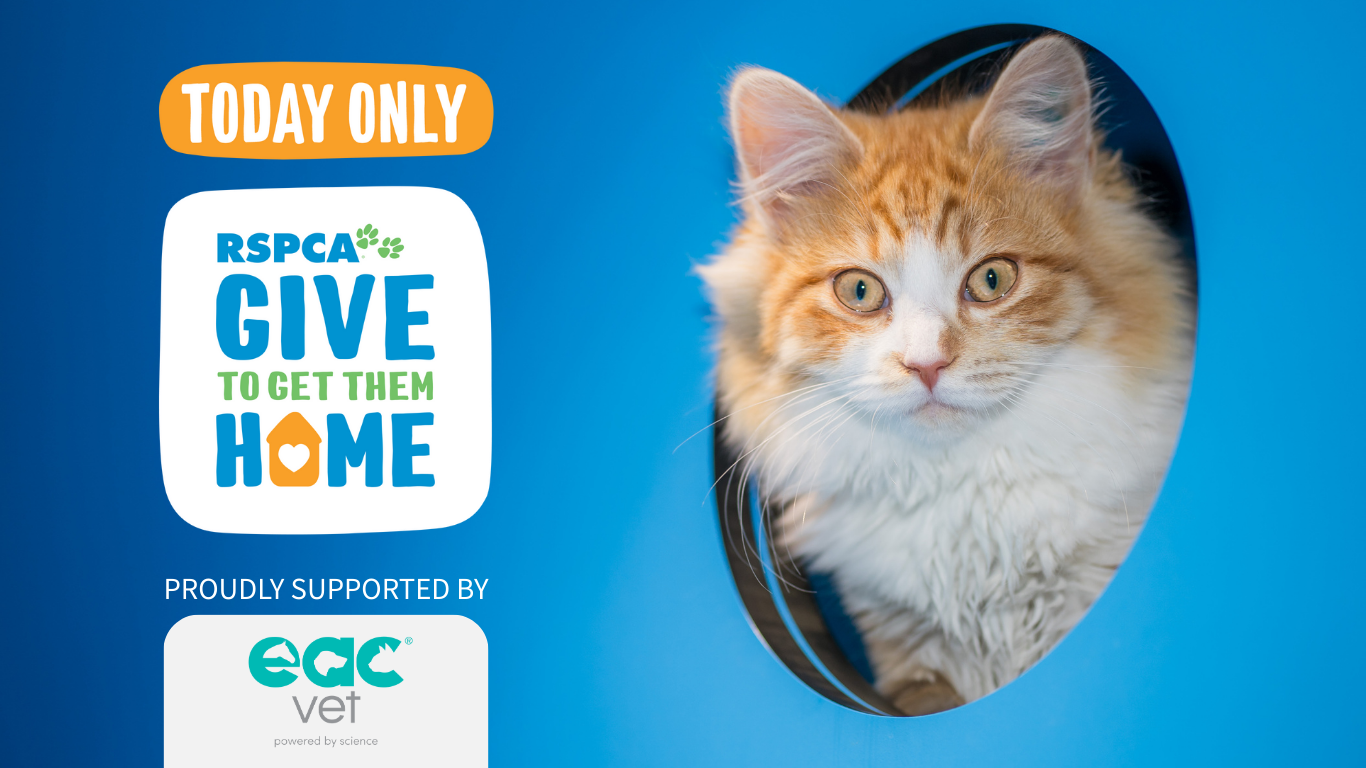By Dr Kate Mornement Ph.D, BSc(Hons)
Christmas is a popular time to add a pet to the family. It’s a time when both adults and children are on holidays and have the time to spend with a new pet to help them settle in to their new home and routine. Adding a pet to the family is a big decision that requires research, planning and preparation to ensure the right decision is made.
Pets are a long term commitment, not just for ChristmasGiving the gift of a pet can feel like giving the best present ever, however it’s not
recommended unless the person being gifted the pet is fully aware and is prepared to do everything necessary to care for the animals for the rest of its life.
Giving your partner or children the gift of a new pet at Christmas time should only happen if there’s been lots of research and preparation done prior, including consideration of the right kind of pet that would suit that family.
How to choose the right petPets come in all shapes and sizes. The most common pets are dogs, cats, rabbits, guinea pigs, birds and fish. Each type of pet has different needs and requirements for housing, exercise, food, training, companionship and veterinary care.
When choosing what kind of pet would suit your family best, you need to think about what the pet needs and whether you can provide for those needs. Here are some general considerations for each type of pet…
Dogs
Dogs make wonderful companions. They give back way more than they take, however they are also a lot of work. Getting a puppy is more work compared to an adult dog as puppies need more training and socialisation initially.
Dogs need training, socialisation, daily exercise and mental stimulation, a good quality diet, grooming, veterinary care and companionship.
The costs associated with getting a dog also include a the initial set up of a bed, crate, lead and collar, food and water dishes, toys, council registration, ongoing veterinary care, puppy class and obedience training, food, parasite control and pet insurance.
Dogs generally don’t do well left home alone for 12 hours a day, so a dog may not be a good choice if no one is home for long periods of time during the day. Different breeds have different needs and temperament traits. Do your research and choose a breed/breed type and size of dog that suits your lifestyle and living situation.
Cats
In general, cats are considered to be less work than dogs in terms of exercise and training.
These days, more cats are kept primarily indoors. However they still have behavioural and instinctual needs that must to be met to keep them happy. These include opportunities to hunt, stalk, climb, scratch and problem solve by providing cat towers/trees and other vertical spaces, scratch posts and toys that mimic prey.
The initial and ongoing costs associated with getting a cat include a bed, food and water dishes, toys, a good quality diet, grooming, veterinary care and companionship.
The costs associated with getting a dog also include a the initial set up of a bed, crate, lead and collar, food and water dishes, kitty litter, council registration, ongoing veterinary care, food, parasite control and pet insurance.
Cat’s tend to cope a bit better with dogs on their own however they still need companionship. Different breeds/breed types also vary in their needs and temperament traits.
For example, active Bengals need more space, exercise and mental stimulation compared to the more subdued Ragdolls. Choose a breed or breed type best suited to your home and lifestyle.
Rabbits and guinea pigs
Rabbits and guinea pigs are great choices for busy families who may not have the time or space available to care for larger pets like cats and dogs. Rabbits and guinea pigs are very social and do much better in pairs – but make sure they’re desexed!

There are still some costs associated with the initial set up and long term care of rabbits and guinea pigs but this is comparatively less than dogs and cats. Initial costs include a hutch or other suitable enclosure, bedding, food/water dishes, appropriate food, veterinary care and parasite control.
Birds
Birds make excellent pets. Parrots can be purchased hand raised (tame) or parent raised (not tame) and bond closely to their owners or other birds they live with.
Parrots generally do much better when housed with other birds of the same or similar species as they’re highly social. A single hand raised parrot will bond very strongly to their owner and this can cause behaviour problems down the track.
Chickens are a wonderful choice as pets as they lay fresh eggs, help keep bugs out of the garden and the soil aerated. They can also be very friendly and social. Chicken need a coop or secure pen where they can escape the elements and are safe from cats and foxes.
The costs for keeping birds varies considerable depending on the type and number of birds purchased and the size of the aviary/coop. It’s important to
do your research to learn what type of bird(s) would be best for you, your home and lifestyle.
Fish
There’s nothing more relaxing than watching fish swim around in a tank. With such an amazing variety of sizes, shapes and colour, fish make unique and relatively low maintenance pets, particularly for busy families. However, they still require quite a bit of work in terms of tank and water maintenance.
Whether you choose a freshwater or saltwater aquarium, both require regular cleaning. A built in filtration system can assist with this. Saltwater aquariums are typically more costly to establish and maintain.

The cost associated with keeping fish is typically much less than that of cats and dogs however it can vary considerable depending on the type of set up you choose, it’s size and the species of fish you fill it with. As with all pets, it’s important to do your research to ensure you decide on the best set up for your home and routine.
Choosing the right pet for your family this Christmas really comes down to doing your research to ensure that whatever pet you choose fits in well with your home, lifestyle and routine. The more knowledgeable and prepared you are, the more likely your new pet will fit right in and make a wonderful addition to your family.
By Dr Kate Mornement Ph.D, BSc(Hons)
Applied Animal Behaviourist & Consultant
Pets Behaving Badly – Solutions with Dr Kate
petsbehavingbadly.com.au





